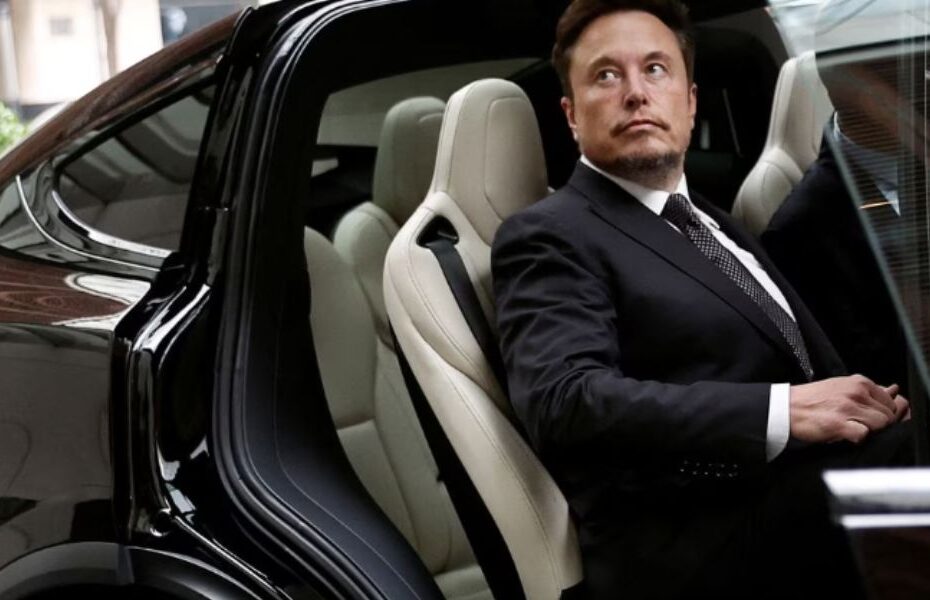The well-known businessman and CEO of Tesla and SpaceX, Elon Musk, recently made news on a trip to China. Musk disclosed, among other things, that China would probably soon pass laws governing artificial intelligence (AI). This news has generated a lot of interest and brought up crucial issues regarding the influence of AI and the requirement for legal frameworks.
China has made significant investments in AI research and development in an effort to dominate the sector globally. The nation is aware of how AI has the ability to spur scientific improvement, economic expansion, and social progress. Many worry about the ethical ramifications, data privacy, and algorithmic transparency as AI technology develops.
The adoption of AI rules in China is a symptom of the rising awareness of the need to address these issues. A wide variety of topics, including data governance, algorithmic accountability, bias reduction, and ethical issues, might be covered by such legislation. China aspires to balance encouraging innovation and guaranteeing the appropriate and safe use of AI by setting explicit rules and procedures.
One important topic that rules may address is data privacy. Protecting people’s privacy becomes crucial as AI increasingly depends on massive volumes of data for training and decision-making. China’s legislation may impose strict guidelines for the collection, storage, and use of data by AI systems and for the protection of personal information. Customers’ faith and trust in AI technology would increase as a result.
Another important issue that laws may address is algorithmic transparency. It requires ensuring AI systems can be held accountable for their choices and explanations. China may address worries about possible biases, discriminatory actions, and unfair outcomes resulting from opaque AI systems by requiring openness. The fairness and accountability of AI systems across numerous industries would increase due to this action.
The regulatory system is also likely to incorporate ethical issues. Regulations can help guarantee that AI is utilised properly since technology has the potential to influence society significantly. China may foster the development and application of AI technologies that prioritize human well-being, safety, and social advantages by establishing moral standards. Addressing difficulties like AI in driverless vehicles may fall under this category.
The comment made by Elon Musk on China’s desire to enact AI rules emphasizes the issue’s importance on a global scale. Nations worldwide debate the necessity for legislative frameworks as AI technology develops and spreads. The ethical and responsible use of AI is a common problem that needs global cooperation and communication.
China is committed to striking a balance between the advancement of technology and moral issues, as seen by its proactive approach to AI legislation. China may influence the global discussion on AI governance by leading by example and encouraging other countries to create their legal frameworks. Collaboration between nations can promote a unified strategy to handle the problems AI brings.
Finally, Elon Musk’s recent comments on China’s desire to introduce AI rules highlight the significance of responsible AI development and use. China has proactively solved ethical issues, protected data privacy, and advanced algorithmic transparency. These rules will probably help China build AI responsibly and provide an excellent example for other countries. Regulatory frameworks are essential to direct AI research and safeguard social interests as it continues to change our environment.
In publishing and graphic design, Lorem ipsum is a placeholder text commonly used to demonstrate the visual form of a document or a typeface without relying on meaningful content.
